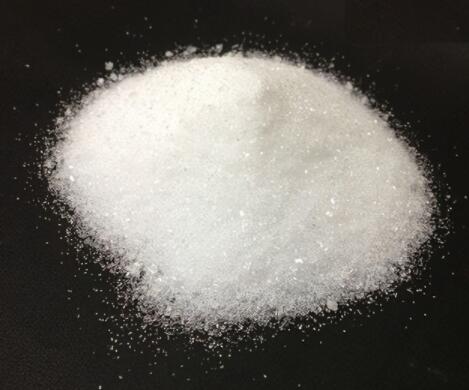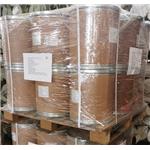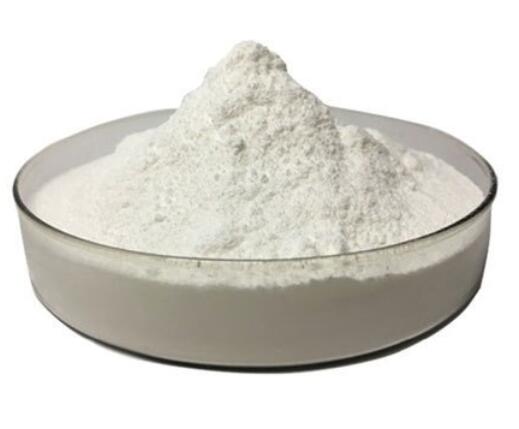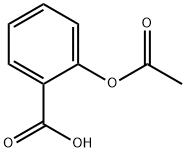Uses and Toxicity of Aspirin
May 7,2022
Aspirin, also known as acetylsalicylic acid (ASA), is a medication used to reduce pain, fever, or inflammation.Specific inflammatory conditions which aspirin is used to treat include Kawasaki disease, pericarditis, and rheumatic fever.

Uses
Aspirin is used for the treatment of inflammation, fever, and pain that results from many forms of arthritis, including:
Rheumatoid arthritis
Juvenile rheumatoid arthritis
Systemic lupus erythematosus
Ankylosing spondylitis
Reiter's syndrome
Osteoarthritis
Soft tissue injuries, such as tendinitis and bursitis
Aspirin also is used for rapid relief of mild to moderate pain and fever in other inflammatory conditions.
Mechanism of action
Acetylsalicylic acid (ASA) blocks prostaglandin synthesis. It is non-selective for COX-1 and COX-2 enzymes 9,10,11. Inhibition of COX-1 results in the inhibition of platelet aggregation for about 7-10 days (average platelet lifespan). The acetyl group of acetylsalicylic acid binds with a serine residue of the cyclooxygenase-1 (COX-1) enzyme, leading to irreversible inhibition. This prevents the production of pain-causing prostaglandins. This process also stops the conversion of arachidonic acid to thromboxane A2 (TXA2), which is a potent inducer of platelet aggregation Label. Platelet aggregation can result in clots and harmful venous and arterial thromboembolism, leading to conditions such as pulmonary embolism and stroke.
Adverse effect
One common adverse effect is an upset stomach.More significant side effects include stomach ulcers, stomach bleeding, and worsening asthma.Bleeding risk is greater among those who are older, drink alcohol, take other NSAIDs, or are on other blood thinners.Aspirin is not recommended in the last part of pregnancy.It is not generally recommended in children with infections because of the risk of Reye syndrome.High doses may result in ringing in the ears.
Toxicity
Lethal doses
Acute oral LD50 values have been reported as over 1.0 g/kg in humans, cats, and dogs, 0.92 g/kg - 1.48 g/kg in albino rats, 1.19 g/kg in guinea pigs, 1.1 g/kg in mice, and 1.8 g/kg in rabbit models Label.
Acute toxicity
Salicylate toxicity is a problem that may develop with both acute and chronic salicylate exposure 7. Multiple organ systems may be affected by salicylate toxicity, including the central nervous system, the pulmonary system, and the gastrointestinal system. Severe bleeding may occur. In the majority of cases, patients suffering from salicylate toxicity are volume-depleted at the time of presentation for medical attention.
- Related articles
- Related Qustion
- Synthesis of Aspirin Jul 25, 2024
Aspirin is an effective analgesic (pain reliever), antipyretic (fever reducer) and anti-inflammatory agent and is one of the most widely used non-prescription drugs.
- Acetylsalicylic acid: a legendary star in the history of medicine Jun 26, 2024
Acetylsalicylic acid plays an antipyretic and analgesic role by inhibiting prostaglandin synthesis in vivo, reducing pain and lowering body temperature.
- Side effects of Aspirin Oct 20, 2021
The use of aspirin to treat fever dates back to antiquity with the use of willow bark and leaves. Ever since the active component of willow bark was isolated and marketed in 1899, it has remained one of the most popular medications for the
Tetrachloroethylene is a colorless, volatile, nonflammable, liquid, chlorinated hydrocarbon with an ether-like odor that may emit toxic fumes of phosgene when exposed to sunlight or flames with a char....
May 7,2022Organic Synthesis IntermediateAcetylsalicylic acid
50-78-2You may like
Acetylsalicylic acid manufacturers
- Aspirin
-

- $75.00 / 25kg
- 2025-08-05
- CAS:50-78-2
- Min. Order: 1000kg
- Purity: 99.7%
- Supply Ability: 20 tons
- Acetylsalicylic acid
-

- 2025-08-04
- CAS:50-78-2
- Min. Order:
- Purity: 0.99
- Supply Ability:
- Acetylsalicylic acid/Aspirin
-

- $0.00 / 1kg
- 2025-08-01
- CAS:50-78-2
- Min. Order: 1kg
- Purity: 99.5%-101%
- Supply Ability: 500KG






